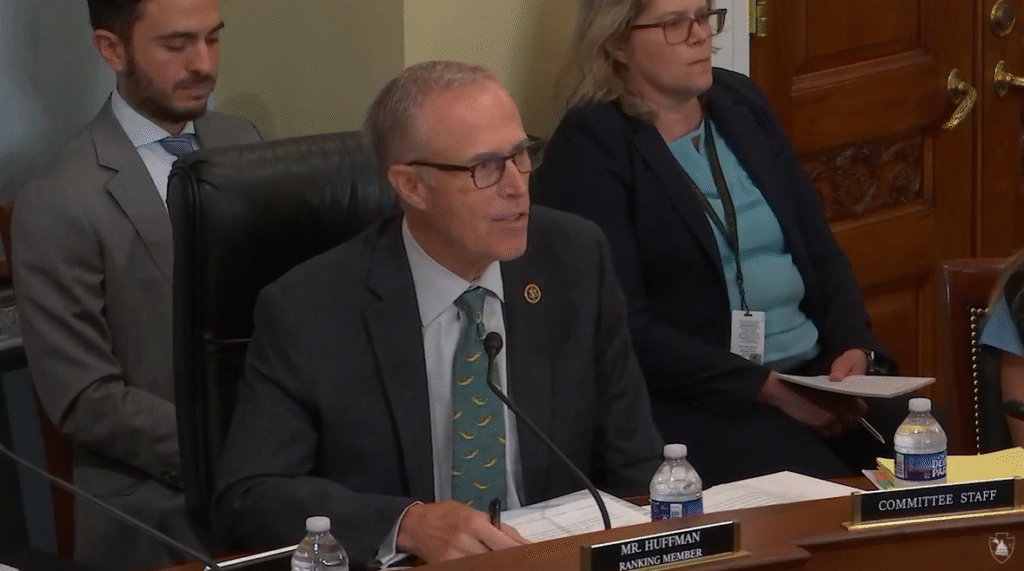PPT’s Letter and the Politics of Ethics
PPT’s letter implies the authors are either inept at interpreting the ethics guidelines or seeking a ‘baseless partisan investigation.’ That line lands like an accusation meant to shut down questions rather than answer them, and it deserves a straightforward response. From a Republican perspective, blunt language can expose motives but it should not replace facts.
Accusing critics of incompetence or partisan scheming is an easy rhetorical move, but it short-circuits legitimate oversight. Ethics rules are not always black and white, and reasonable people can disagree about interpretation without being inept. When a group defaults to labeling inquiries as politically motivated, it sends the conversation toward insult instead of clarity.
Ethics guidelines need to be readable and consistently applied, and the public deserves transparency about how decisions are made. Pointing at alleged partisanship without laying out the counter-arguments leaves a credibility gap that’s hard to bridge. Those gaps fuel suspicion and encourage further, sometimes harsher, scrutiny.
Watchdogs and concerned citizens play a vital role in keeping officials honest, and that role should not be dismissed with a one-liner. Of course partisan actors exist who chase headlines rather than truth, and those people should be exposed. But painting every question as a political hit undermines the principle of accountability that conservatives often champion.
Language like ‘baseless partisan investigation’ functions as a political shield and a distraction at the same time, and it deserves a careful rebuttal. If an organization believes an investigation is baseless, it should explain exactly why, point to the specific rules, and cite precedent. Clear answers quiet speculation far more effectively than labels ever will.
Practically speaking, the solution lies in sharper guidance and better communication about ethics processes so disputes are about facts, not rhetoric. Publicly available interpretations, consistent application across cases, and independent reviews can reduce the space for partisan smears. Republicans tend to favor systems that reward transparency and punish gamesmanship.
There is also a real danger in weaponizing ethics allegations as a political instrument, because that approach chills legitimate inquiry and invites retaliatory politics. Equal enforcement matters more than the loudest complaint, and institutions must show they treat similar cases in similar ways. When standards are applied evenly, accusations of partisan bias lose their punch.
Words shape outcomes, and when they brand inquiries as either incompetence or partisan attack, they alter how the public and officials respond. The immediate fix is to demand specificity, require public reasoning for dismissals, and make sure ethics guidance is accessible to everyone. That kind of practical clarity cuts through rhetoric and keeps the focus where it belongs: on facts and fair process.



